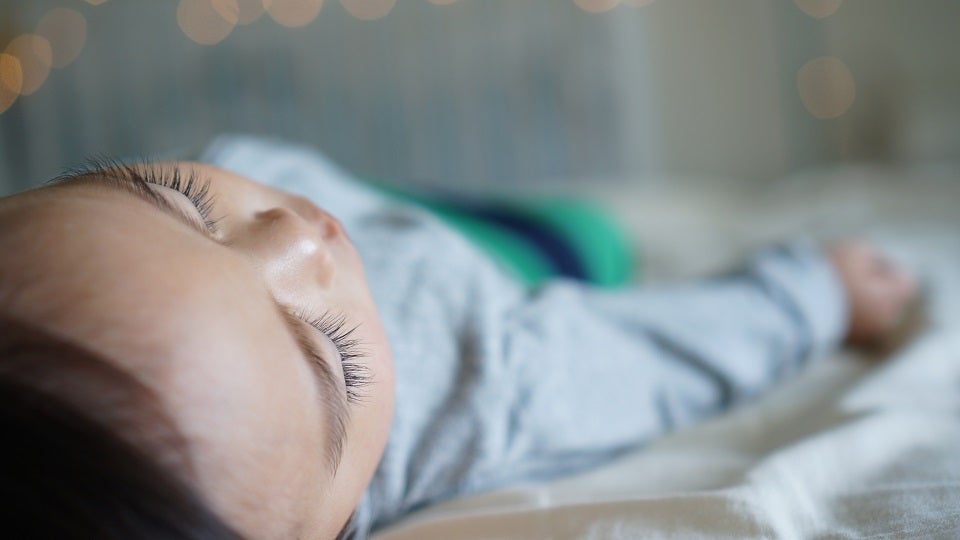Good sleeping habits for better health
Published: 06 Apr 2018

Sleep deprivation is becoming a serious problem in Singapore.
In 2014, a study found that Singaporeans averaged only six hours and 32 minutes of sleep per night, and is the third most sleep-deprived country in the world. A recent poll by SingHealth Polyclinics also revealed that 44 per cent of Singaporeans had fewer than seven hours of sleep on weekdays.
More patients are seeking help for sleep-related problems, ranging from medical conditions like obstructive sleep apnoea (OSA) to parasomnia, which is a category of sleep disorders including abnormal behaviours like sleep talking. In 2017, Singapore General Hospital (SGH) handled 1,741 new cases, more than double the 819 cases they had in 2013.
Inadequate sleep can lead to health complications and impaired cognitive abilities, but there are no signs that the problem of poor sleeping habits in Singapore will be alleviated, especially with the increasing use of technology and our fast pace of life.
“The use of smartphones and tablets is increasingly prevalent, and many people do not realise its effects on sleep quality,” said Assistant Professor Michael Lim from the Department of Paediatrics, NUS Medicine.
Coupled with Singapore’s stressful lifestyle and work-oriented culture, there are long-term consequences of the resultant sleep deprivation Singaporeans may be unaware of. Besides irritability, moodiness and poor concentration, sleep deprivation is also linked to a higher risk of diabetes, obesity and a poorer immune system. It can also impair our body’s metabolism and disrupt blood hormone levels, exacerbating the above conditions.
In particular, children require adequate good-quality sleep as it is vital for repairing of their bodies, and for the growth and development of their brains. Lack of sleep can negatively impact their academic performance and motivation. There is also a higher risk of depressive symptoms, anxiety and withdrawal in sleep-deprived children, according to Asst Prof Lim.
The National Sleep Foundation recommends that children aged six to 13 get at least nine hours of sleep, and teenagers, at least eight hours. Adults should get at least seven hours of sleep daily.
News Coverage

